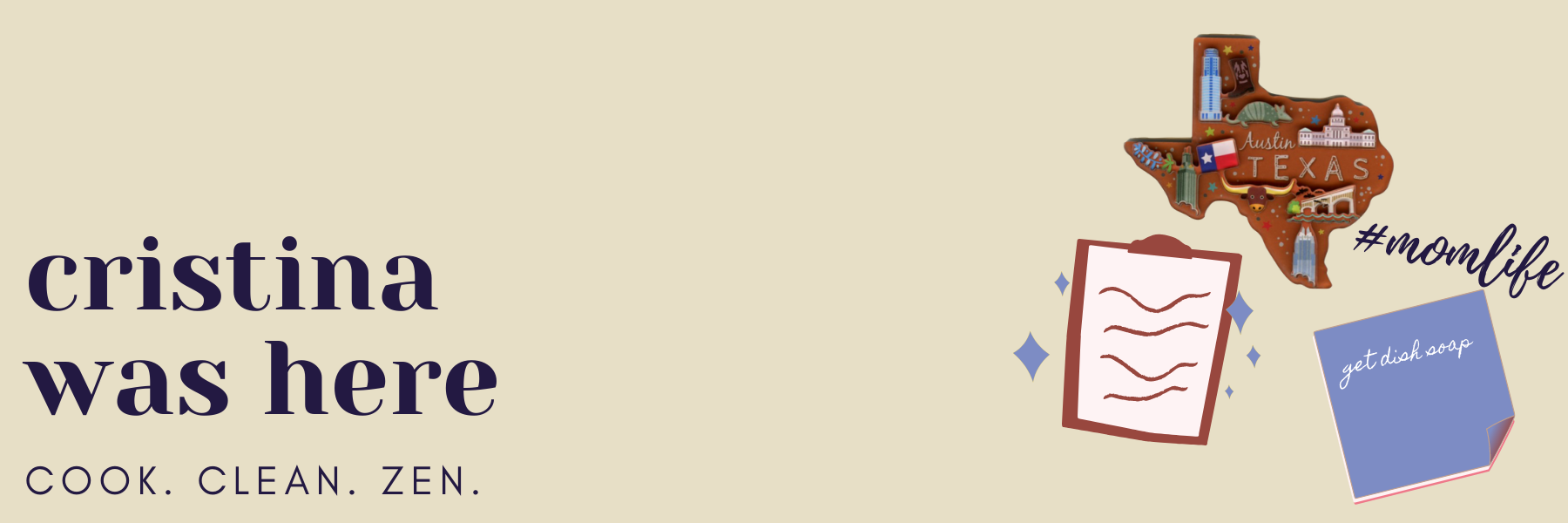IDentity after ED
This is something I’ve been thinking about a lot lately – especially as I’ve come up on and passed the one year anniversary of starting intensive outpatient treatment for my own ED.
I’m “recovered” as they’d say, but they also say “you’ll always be in recovery.” So both are true.
And that can be confusing.
I think the identity crisis that happens for a lot of people after an ED looks similar and different. It’s definitely a lot of “What now?” and “What am I even interested in when my mind is not consumed over food?”
But I imagine for some there may be more sadness or less. Frustration or joy – maybe both. So really, I can only speak to my experience.
My experience, that I’ve come to realize, is a lot different than others. I realized this after a conversation with my therapist where I was describing how I felt weird, sad, and a little loss in the post-ED ether.
She pointed out that a huge difference and probably a disturbance for me was that I did not go to residential treatment.
I’ve attached some information here on the different forms of ED treatment and their explanations from NEDA.org. From this, you can see that residential treatment is one of the more comprehensive and intensive forms of care when trying to recover from an ED. In most situations, you stay in a treatment center – which can range from settings such as hospital-like structures inside major metropolitan areas to free-standing ranch-style homes on acres and acres of land in Utah or something like that. From what I’ve heard from peers, the stay is usual a few weeks to a few months, and I know people who have been back for 2, 3, or more “tune-ups” – meaning they readmit at some point in order to continue that care.
I’ve shared this before, but my dietician STRONGLY encouraged me to go to treatment. Or at the very least, IOP which is the partial hospitalization track you see listed above residential. Going away to treatment or even IOP means putting your life on pause. Moving out of where you currently live, stopping school, activities, jobs, etc. In IOP, you are usually able to continue to attend school since they IOP hours are normally like 3-7 PM a few days a week, but this makes it hard to keep up with all aspects of your life. If you’re working full time, this probably won’t do, and if you have a heavy school load or life load, you’re going to have to drop some things.
At the time I wasn’t willing to do either. I wasn’t willing to go live in Florida or Dallas or even just a big hospital-like building in my city of downtown Houston where my boyfriend would have to check in as a visitor to come see me or where I would miss family member’s birthday parties or have to pull out of my internship and school.
I convinced my dietician to let me do intensive outpatient treatment. By the NEDA description, you can see that this is really only suitable for someone who does not need medical monitoring. Frankly, I wasn’t ready for that. My outpatient team was smart though and kept a close watch on me. I was encouraged to really limit myself to what I was doing each day. I was on exercise restriction (kind of followed that) and was encouraged to never take the stairs, not walk farther than a few feet (never followed that) and to wake myself up in the middle of the night to eat, so that I wouldn’t have a low blood-sugar induced seizure. Looking back, angels definitely surrounded me during this time because I really did the bare minimum. And I’m not trying to be harsh on myself, I’m just being honest. I basically kept doing things as I was before: never missing a class, an hour of work, waking up early to do forbidden crunches in my room, and haphazardly following my meal plan.
Nevertheless, I did get better. I had a really strong and persistent outpatient team that pushed me to my limits every day. There were so many stubborn tears on my end that led to proud tears on theirs, and it ended up all working out and I got better without ever stepping foot in a hospital, residential, or IOP.
But, back in my therapist’s office, where I talk to her about feeling so isolated and rejected and cast aside now that I don’t live inside the emaciated body that screamed to everyone that I was hurting, we talk about how not having the mile marker of going to treatment as a part of my ED journey, it’s hard for me to feel like I am recovered, like my life changed, and like I know wholeheartedly that it was all worth it.
I will affirm some things: life without ED is so much sweeter, so much richer, so much more vibrant, and a life that is able to be fully lived. You can be fully present, fully joyful, and fully fixed on what you what to be on in life – not being ruled by food.
But for me, post eating disorder life brings self doubt. I am no longer sick, so I worry that people won’t hear me when I call out for help. That people will push me to my limits because I don’t look fragile to them anymore. That I will have trouble speaking up for myself and advocating for myself because I now physically look like I have it all together.
I’m thinking – feeling confident in my body and my needs is the next battle, but I’ve faced worse.
Just some thoughts and where I am right now in my journey and just validating how much of a struggle figuring out who you are can be – even if it sounds cheesy.
I can leave you with this: the steps to feeling at home in your own skin and soul begin with finding the things that really make you joyful. I’m realizing for me, this may mean painting with a friend as a means of community, reading books that I actually like – not just ones that are on the bestseller list, making the best of situations that may not first appear to suit you, but bringing a little piece of yourself into everything you touch. Following passions, following people you like and love. Being yourself. Lots of baby steps.















